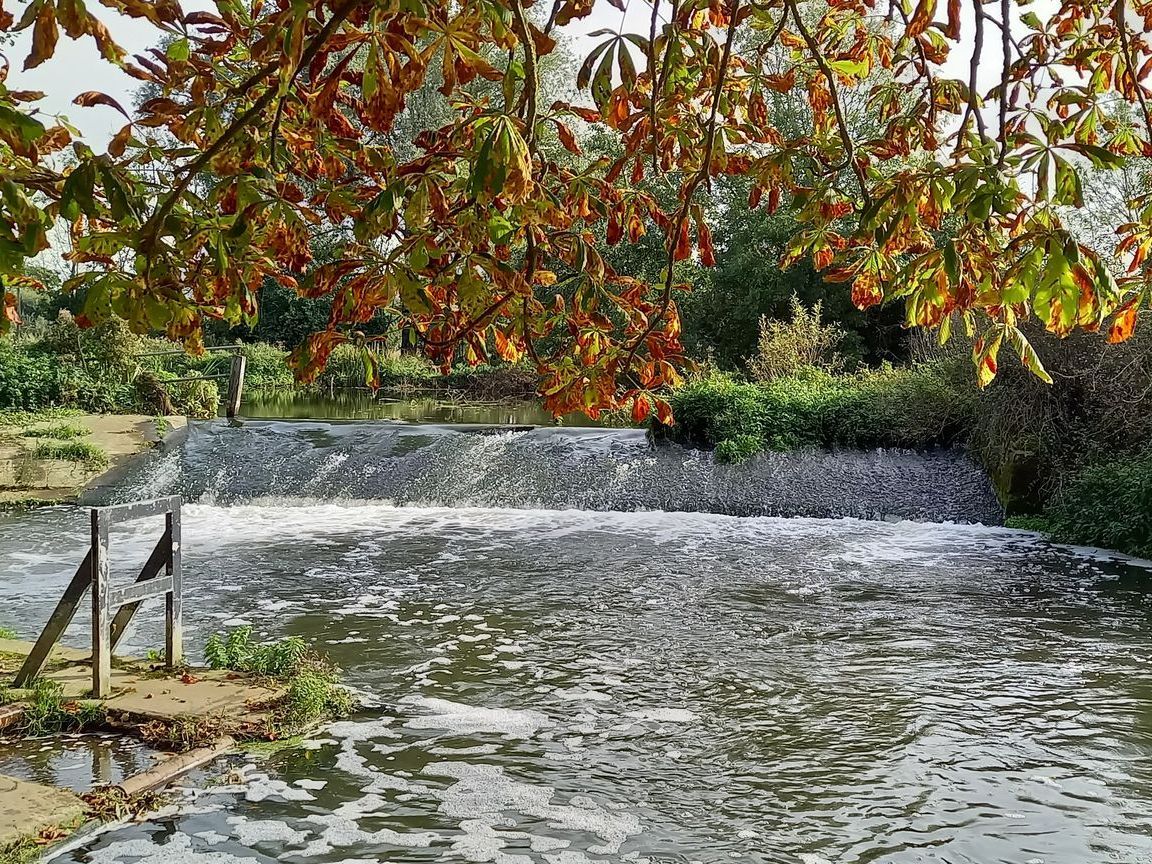Ilkley Psychotherapy with Kate Graham
Blog Layout
Looking after yourself in a time of Covid
Kate Graham • Aug 23, 2020
As post lockdown brings uncertainty and confusion, how can we keep ourselves sane and grounded?

The lockdown was a very different experience for many people, but despite growing inequalities, it did feel for a time, as if we were all in it together.
This post lockdown, not quite lockdown, not quite clear stage is very different. The fear is still there, for some people expressed either as a rigid sticking to rules, or total denial, and we are all responding in different ways. We have survived, but now the trauma is kicking in. Covid hasn’t gone away. It keeps reappearing, and there is frequently a sense of despair in the air – when will things go back to normal? Will there ever be a normal again? And more individually, when will I start feeling more like myself again?
Covid, and the resulting uncertainty about the immediate and longer-term future has brought our fears and anxieties to the fore. It has revealed a sense of powerlessness and frustration, which when unchannelled leads to despair and depression. Some people are experiencing post traumatic stress, from the trauma of either being hospitalised, or having a loved one hospitalised. It’s not just our own mortality and fragility that is brought into sharp focus, but the absence of the healing power of connection. We are mammals, we need physical connection, hugs, the warmth of each others’ bodies, and we need the attention and connection with others.
So how can we look after ourselves in this difficult, uncertain, often lonely time? The answers will be different for different people, but here are some suggestions. They all focus around finding your agency, identifying what you can do that makes you feel better.
1. Acknowledge how you are feeling. This can be easier said than done, as our thoughts tend to whizz around and prevent us from feeling. Try stopping, and breathing. Take some breaths into your stomach, breath in through your nose, and then out through your mouth, letting the out breath take longer than the in breath. Just notice how you feel. And if all you can feel is a series of worried thoughts, just notice this, and accept that this is what is happening right now. Notice your sleeping patterns, and what you are eating and drinking, and what these tell you about how you might be feeling. Ask yourself “what do I need right now?” Write down what comes up.
2. Do something you enjoy. Spend some time doing something you enjoy every day – it won’t make you a self indulgent person to do this! When you are feeling in a good space, take the time to write out all the things you like doing – small things that may take 5 minutes as well bigger things. When you are feeling down and bored it is really hard to think of things to do, so a list can really help.
3. Reflect on the positives,
however small, at the end of the day, and notice anything you feel gratitude for. Write this down, or if you can share feelings with gratitude with another person, even better.
4. Notice who or what nurtures you and what drains you. Some people, some activities, some experiences leave us feeling stronger, happier, nurtured. And others really don't. Take the time to notice how what you do and who you are with, and how this affects you. This can be especially important for introverts. Introverts need time on their own to recharge, and our current societal norms do not really recognise this as “normal”, but in fact most of us have an introverted part that needs some downtime – and an extroverted part that needs other people around them to recharge. Once you have a sense of what nurtures and what drains you, make sure your days have a balance.
5. Connect with other people and smile. Introvert or not, we all need connection, whether online or where it is allowed, with other people. Choose people who listen as well as talk, and notice when you are enjoying yourself, and smiling. Smiling and laughing is a great release of tension. Find someone who you can share a sense of mutual support with, whether a weekly chat, or as one colleague does, a daily walk before breakfast to put the world to rights before starting the day….
6. Take time out in nature, and make time to exercise.
No list of this nature could leave this out for the simple reason that it works. Green spaces, sunshine, gardens, flowers, trees, birds, all help to ground us and calm our systems. If you enjoy (or can bear) running this is a great way of releasing feel-good endorphins. If getting out of the house is difficult dancing to your favourite music is a great way to feel better. Sun isn’t essential – on a clear night looking up at the stars can help to bring some perspective, as well as a sense of awe.
7. Take some action.
What do you care about most passionately? It may be concern for other people struggling locally, climate change, litter in the park, (to name some of mine). Find people who are involved with this and join them on Facebook, write to your MP, talk to your friends. With the easing of lockdown many more activities are possible.
This is a tough time that we are all going through, and keeping focused on the hope for the future is important. I like https://www.buildbackbetteruk.org
for inspiration, and Mark Williams for short guided mindfulness meditations such as this one https://www.youtube.com/watch?v=fUeEnkjKyDs. This time will pass, as all time passes.
If none of these seem to be helping, and you don't feel you can bother your friends any more, then it may be worth considering talking to a therapist.
How would talking to a therapist help?
Firstly we are trained to listen, putting our own agendas to one side, even though, in this situation, we are all in it together.
Secondly, I have noticed that for many people Covid has brought up old, long term anxieties and fears, or old trauma, and it is this old stuff that is making the current situation unbearable. So talking about your feelings now, and exploring how these link back to your earlier experiences and your family history may well bring a sense of clarity and release, and allow you to access more resources to cope with the very real challenges of the present day.
If you would like to arrange an initial session with me, please text or call 07866323291, or email kate@ilkleypsychotherapy.co.uk.
Share
Tweet
Share
Mail

